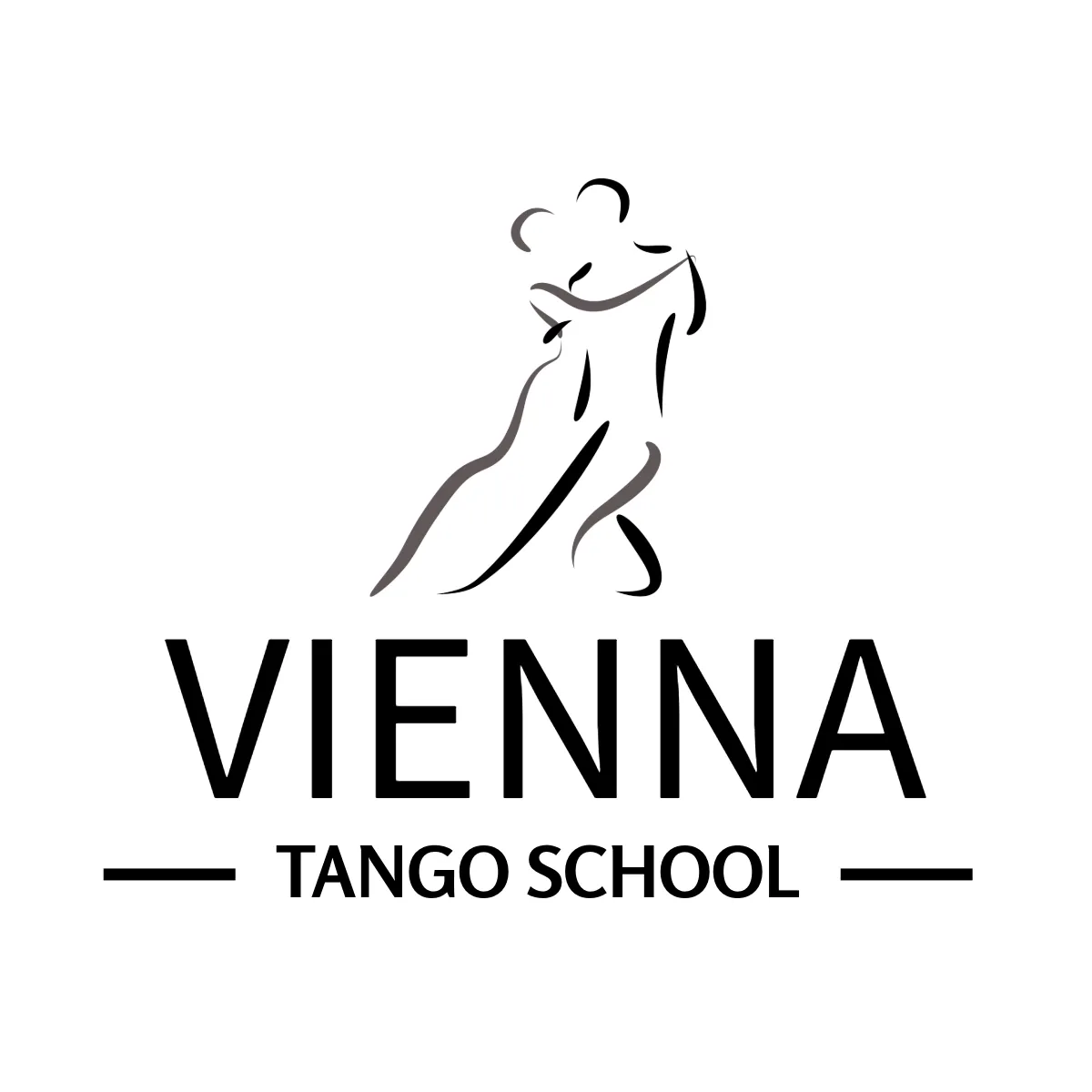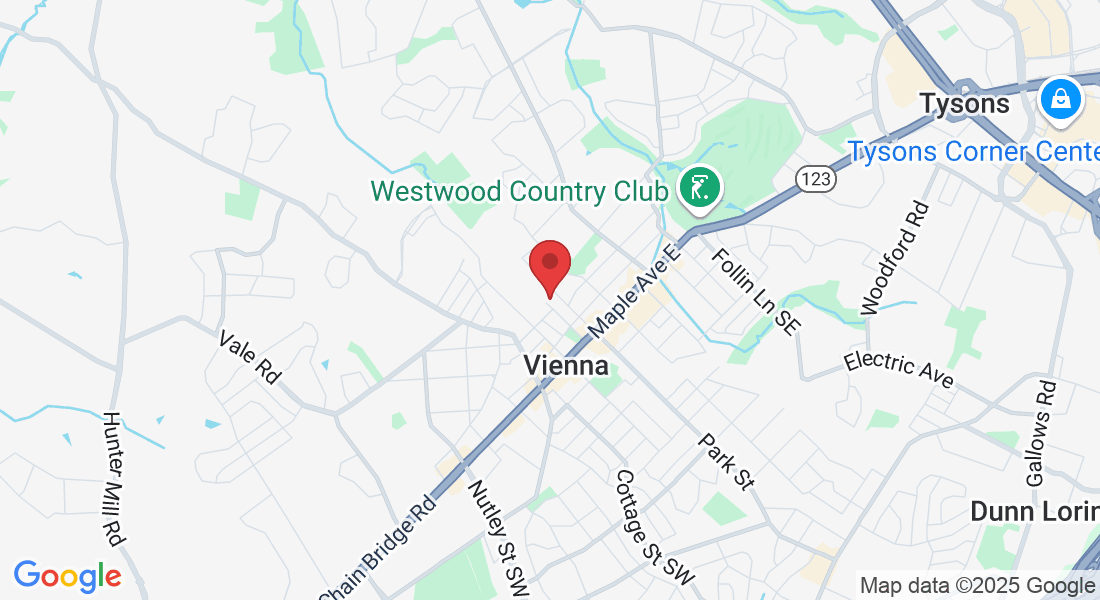Try ArgentineTango
No Partner, No Dance Experience Needed
A Four-Week Beginner Series Designed to Bring You Joy, Friends, and a New Skill
Classes
Coming soon...
Teachers
Coming soon...
Events
Coming soon...
Explore our class offerings. Dive into a supportive learning environment that helps you gain confidence, discover new moves, and enjoy the social side of tango.
Meet the passionate team behind Vienna Tango School. Our founders and instructors combine years of dance experience and a genuine love for community-building to guide you every step of the way.
Stay up to date on our upcoming milongas, practicas, and special workshops with visiting teachers. These gatherings bring dancers together for fun, friendship, and plenty of opportunities to grow your tango skills.
Every Thursday 8 - 9:45 PM
(includes practice session)
Dive into a supportive learning environment with experienced volunteers to help you gain confidence, discover new moves, and enjoy the social side of tango.
Meet the passionate team behind Vienna Tango School. Our founders and instructors combine years of dance experience and a genuine love for community-building to guide you every step of the way.
Abrazo Milonga - 1st Saturday of the month
Stay up to date on our upcoming milongas, practicas, and special workshops with visiting teachers. These gatherings bring dancers together for fun, friendship, and plenty of opportunities to grow your tango skills.

About Us
TAKE one STEP
DISCOVER TANGO
Vienna Tango School began as a collaboration between three tango dancers who fell in love with the dance’s unique blend of connection, artistry, and community. Determined to share that joy with others, they created a welcoming space where anyone—regardless of age or experience—can discover the magic of Argentine tango. Today, Vienna Tango School fosters a vibrant, supportive environment in Northern Virginia, uniting new and experienced dancers alike in the timeless tradition of tango.
Together, we invite you to step into the music, meet new friends, and experience the shared passion that brought our founders together in the first place.
Beginner Classes
A Four-Week Beginner Series Designed to Bring You Joy, Friends, and a New Skill
Tired of the same old routine? Craving a new way to connect and unwind?
We help beginners find their groove—no fancy footwork or previous experience required. Our instructors create a welcoming space where you can relax, learn, and meet new people.
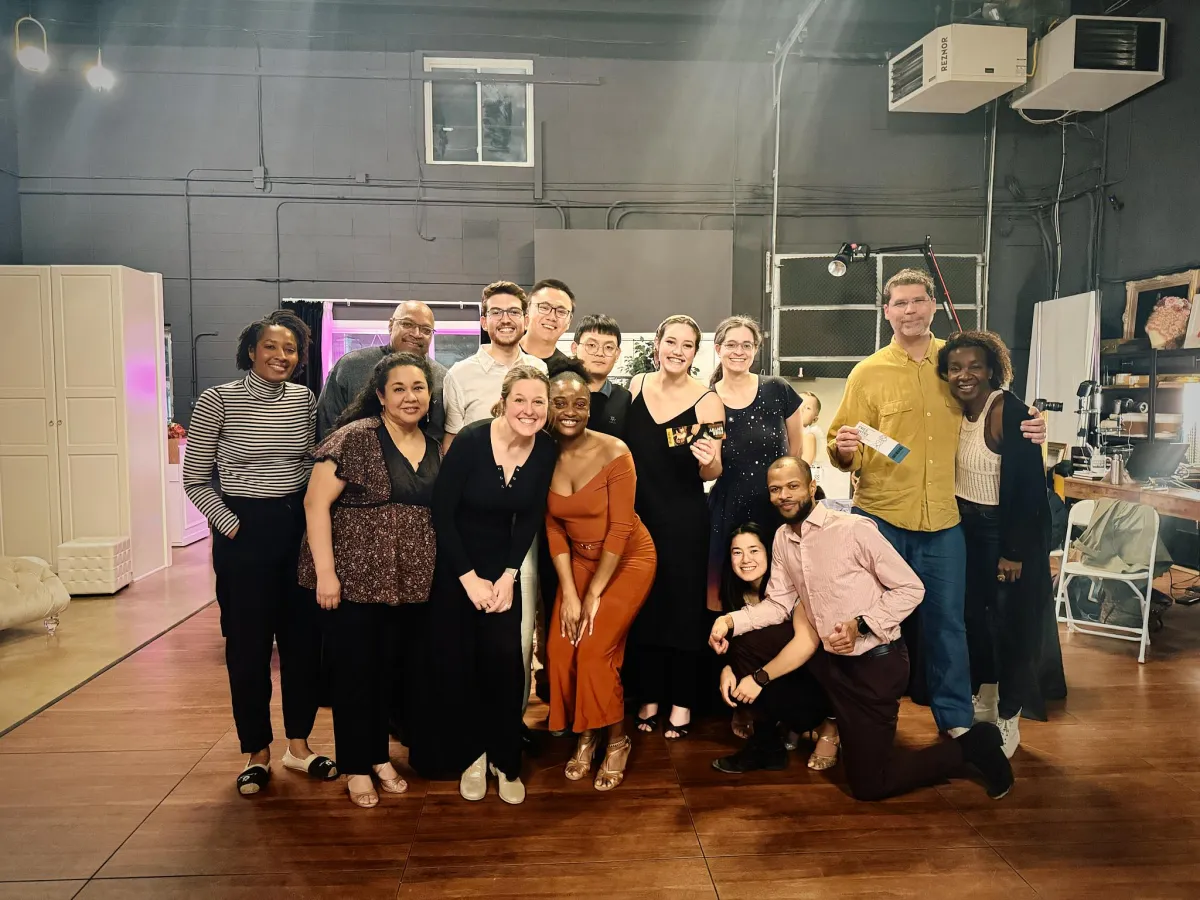
Beginner Series A
4 WEEK Series & Practica - $80
Drop in Class & Practica - $25
Begins June 5th, 2025
8:00pm - 9:45PM
Beginner Series A is your first step into the world of Argentine tango—perfect if you’ve never danced before. Each week, you’ll enjoy a 60-minute lesson covering fundamental techniques like posture, embrace, and basic walking patterns, followed by a practica - a 45-minute guided practice session to reinforce what you’ve learned. By the end of this four-week series, you’ll feel comfortable moving on the dance floor and ready to explore more dynamic steps in Beginner Series B.
.
Coming up...
Weekly Series Class
Beginner Series
Begins Thursday, June 5th, 2025
8:00pm - 9:45PM
Beginner Series is your first step into the world of Argentine tango—perfect if you’ve never danced before. Each week, you’ll enjoy a 60-minute lesson covering fundamental techniques like posture, embrace, and basic walking patterns, followed by a 45-minute guided practice session to reinforce what you’ve learned.
By the end of each 4-week series, you’ll feel comfortable moving on the dance floor and ready to explore more dynamic steps.
.
Drop in Class
Beginner Lesson
Thursday, December 20, 2025
8:00pm - 9:00PM
Join us for a deeper dive into Argentine tango technique and fun, easy-to-learn combinations in this open-level, drop-in class—no partner required. Taught right before the Tango Ocho Milonga, this session will boost your confidence and prepare you for a fantastic evening of social dancing. Come refine your skills, connect with fellow dancers, and step into the milonga ready to move!
.
MILONGA
Tango Ocho
Thursday, June 19, 2025
9:00pm - 11:30PM
Milonga Entry: $10
Tango Ocho is our beginner-friendly milonga where we celebrate every “first”—from social dance steps to new DJ debuts and even dancers trying a different role. Expect a relaxed, low-pressure environment filled with supportive energy. Whether you’re brand new or returning to explore something fresh, this is the perfect space to learn, share, and enjoy the evolving journey of Argentine tango.
.
Student Entry: $5 with a valid student ID
MILONGA
Abrazo
Saturday, July 5, 2025
Milonga 8:00pm - 12:00am
Abrazo is our signature first-Saturday milonga dedicated to the rich tradition of Argentine tango. Step into an evening of classic tandas, inviting embraces, and a warm community of dancers eager to connect. With an atmosphere that honors tango’s timeless music and social roots, Abrazo invites dancers of all levels to immerse themselves in a night of heartfelt expression and true cultural celebration.
.
WORKSHOP
WORKSHOP I
Sacadas & Turns with Jake Spatz
Sunday, March 2, 2025
12:00pm - 1:15PM
Beginner Series A is your first step into the world of Argentine tango—perfect if you’ve never danced before. Each week, you’ll enjoy a 60-minute lesson covering fundamental techniques like posture, embrace, and basic walking patterns, followed by a 30-minute guided practice session to reinforce what you’ve learned. By the end of this four-week series, you’ll feel comfortable moving on the dance floor and ready to explore more dynamic steps in Beginner Series B.
.
WORKSHOP
WORKSHOP II
Dancing in Cursive with Jake Spatz
Sunday, March 2, 2025
1:30pm - 3:00PM
Beginner Series A is your first step into the world of Argentine tango—perfect if you’ve never danced before. Each week, you’ll enjoy a 60-minute lesson covering fundamental techniques like posture, embrace, and basic walking patterns, followed by a 30-minute guided practice session to reinforce what you’ve learned. By the end of this four-week series, you’ll feel comfortable moving on the dance floor and ready to explore more dynamic steps in Beginner Series B.
.
Blog & Articles
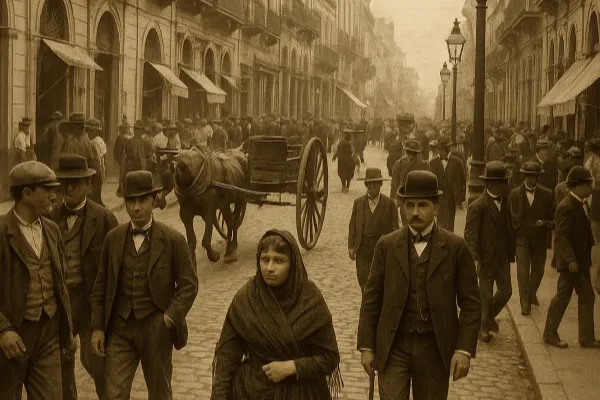
The Tango Brothel Myth
[Photo Credit: Sora]
💡 You’ve heard the story: tango was born in Buenos Aires brothels. This week, we dig into why that myth stuck — and what the real origin reveals about culture, class, and connection.
Ask someone where tango began, and they’ll likely say: “In the brothels of Buenos Aires.”
But while brothels were part of tango’s early environment, they weren’t the birthplace of the dance — not even close. The truth is far more layered, and much more human.
🎵 The Afro-Argentine Foundation
Before tango was tango, there was candombe — a music and dance tradition brought by enslaved Africans and their descendants. In the 1800s, Buenos Aires had a significant Afro-Argentine population, and candombe was a core part of urban festivals, parades, and neighborhood gatherings.
These communities developed communal, rhythmic, body-led dances using drums and percussion, with emphasis on improvisation, call-and-response, and expressive movement. These stylistic roots carried over into early tango — not just rhythmically, but in tango's culture of musicality, mutual listening, and physical dialogue.
But as Argentina pursued a “white European” national identity and promoted mass immigration in the late 19th century, Afro-Argentine contributions were systematically erased from public life, including tango history. That erasure doesn’t change the fact: without Afro-Argentine influence, tango would not exist.
⚖️ Why Were So Many Men Dancing With Each Other?
Between 1880 and 1910, Argentina welcomed millions of immigrants, primarily from Italy and Spain. These immigrants were mostly young men, seeking work in agriculture, ports, and factories — with dreams of sending money home or returning once successful.
The result: neighborhoods in Buenos Aires with 4 or 5 men for every woman. Social life in these male-dominated environments was limited — especially if you wanted to dance.
In this overwhelmingly male context, men began to dance with each other — not as a romantic act, but as practice and social training. If you wanted to impress a woman at a public dance, you had to know how to lead well — and that meant practicing with other men.
Now, in both Italian and Spanish traditions, there was a precedent for men dancing together:
In Spain, dances like flamenco or sevillanas were sometimes practiced or performed in all-male groups.
In Italy, especially among lower classes, folk dances and festive street performances often included same-gender participation.
So while it wasn’t necessarily commonplace for men to pair off socially in a romantic dance, the idea of men practicing dance movements together — especially in a competitive or performative context — wasn’t entirely alien.
But in Buenos Aires, it became a social necessity. If you wanted to dance with a woman at a public gathering (a milonga or baile), you had to be good — and the only way to improve was to practice. So men danced with each other to develop skill, master lead-follow technique, and gain musical sensitivity.
It wasn’t about performance or flirtation — it was about training, often done in courtyards, street corners, or cheap cafés. Think of it like sparring in boxing or practicing drills in soccer: it was serious, often silent, and full of unspoken rules.
💃 What Happened When More Women Entered the Scene?
As female immigration increased, and tango began to climb the social ladder from the streets to cafés and dance salons, a new dynamic emerged — one governed by propriety, performance, and social codes.
Enter the chaperoned dance hall.
In middle- and upper-class Argentine society, women were expected to be modest, guarded, and accompanied. Social dances were held in structured settings where:
Women sat along one side of the room, escorted by family or companions.
Men sat across or circulated.
Dances were offered through the cabeceo — a subtle nod or glance — to preserve dignity and avoid public rejection.
Rules of etiquette were created to manage contact, closeness, and social reputation.
The energy shifted: from male training to heterosexual courtship, from improvisational street dancing to codified social ritual. Tango began to take on more sensual, stylized characteristics, influenced by changing gender dynamics and the growing presence of women in the dance scene.
Yet the DNA of tango — its improvisation, its intense listening, and its quiet tension on dusty courtyards and café floors — still carries traces of those early male-male training sessions in the margins of Buenos Aires.
🏠 And the Brothels?
In late 19th-century Buenos Aires, brothels were part of the broader entertainment economy in working-class neighborhoods — along with bars, gambling halls, and informal dance venues. These spaces, sometimes called casas de tolerancia, catered to a male-heavy immigrant population looking for relief, intimacy, and escape.
And yes — tango was danced in brothels.
But in those settings, it served a functional and atmospheric role:
It was used to set a mood or create allure between sex workers and their clients.
Musicians played tango to entertain guests waiting their turn.
Dancers sometimes performed to draw in customers or keep them engaged longer.
However, these brothel performances were not where tango was invented, nor were they the main site for its development as a social partner dance.
Most serious dancers and musicians honed their skills elsewhere — in the conventillos (shared tenement housing), street corners, and later in dance halls and cafés cantantes. These spaces were full of experimentation, improvisation, and male-male practice — the real crucibles of tango’s formation.
So why does the myth persist?
💄 The Appeal of the Brothel Narrative
When tango began to spread to Europe in the early 20th century — especially to Paris — it carried with it an exotic and risqué reputation. Tango promoters, writers, and even some musicians leaned into this image to market tango as sensual, dangerous, and foreign.
A dance born in brothels? It was scandalous — and scandal sells.
🎙️ Whether tango is inherently sensual or just something we project onto it is a question that sparks plenty of debate. We shared our thoughts in this episode — but we’d love to hear yours too. Watch or listen here →
It worked — but it also distorted the truth. Tango may have passed through the brothel, but it wasn’t born there.
Tango was born in improvisation.
In resilience.
In rhythm.
And in the embrace — between immigrants, outsiders, and eventually, everyone else.
Tags: Tango Nugget, Tango History, Afro-Argentine Influence, Tango Origins, Gender in Tango, Immigration and Tango, Tango Myths, Buenos Aires Culture, Early Tango, Candombe, Tango and Identity
Written by Amanda Garley, co-founder of Vienna Tango School.
Our Services
Lorem Ipsum is simply dummy text of the printing and typesetting industry has been the industry's standard dummy text ever since the been when an unknown printer.



Our Best Trainers
Lorem ipsum dolor Fusce varius euismod lacus eget feugiat rorem ipsum dolor consectetur Fusce varius [...]
Yoga exercise
Lorem ipsum dolor Fusce varius euismod lacus eget feugiat rorem ipsum dolor consectetur Fusce varius [...]
Gym
Lorem ipsum dolor Fusce varius euismod lacus eget feugiat rorem ipsum dolor consectetur Fusce varius [...]



Cardio
Lorem ipsum dolor Fusce varius euismod lacus eget feugiat rorem ipsum dolor consectetur Fusce varius [...]
Zumba
Lorem ipsum dolor Fusce varius euismod lacus eget feugiat rorem ipsum dolor consectetur Fusce varius [...]
Exercise
Lorem ipsum dolor Fusce varius euismod lacus eget feugiat rorem ipsum dolor consectetur Fusce varius [...]
Frequently Asked Question
I’m brand new—Is that okay?
Absolutely! Our beginner classes are designed for first-timers with no dance experience. We’ll guide you step by step.
What should I wear?
Come in comfortable clothes or exercise attire. Shoes with a smooth (leather) sole work best. If you don’t have tango shoes, don’t worry—we have shoe covers available.
Do I need a partner?
No partner needed. Even if you come with someone, we encourage everyone to switch partners during class. It’s a social dance, and dancing with different people enriches your tango skills.
Where are the classes located?
We are located in the heart of Vienna, Virginia, just off of 495 and 66. We’re inside Melody Yazdani Studios, right next to Billy Weber Tire. You can park in the lot directly in front of the building.
Will I need to lead or follow?
We support learning both roles regardless of gender. Experiencing both lead and follow helps you become a more versatile dancer—and it’s more fun!
Meet the Team
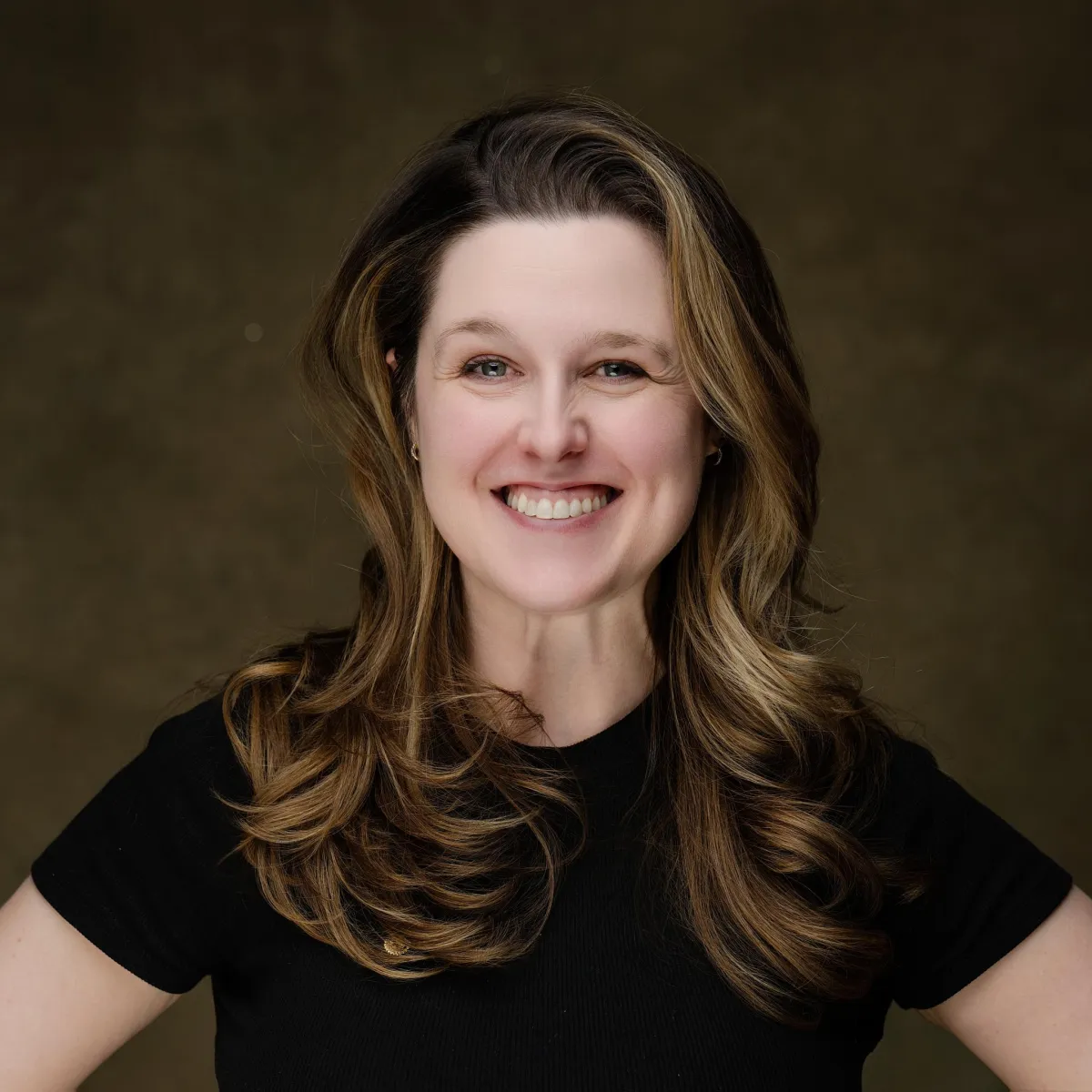
Melody Yazdani Zhang
Cofounder
Melody Yazdani Zhang stumbled upon tango by chance over 11 years ago, and it quickly became the lifeline she needed as a busy single mom. Since then, she’s traveled the world to dance and studied with acclaimed maestros. She believes that if you can walk, you can dance.
For Melody, the connection between partners, the embrace, and true mindfulness define tango’s magic. She loves how tango offers a peaceful escape from a fast-paced world, fosters lasting friendships (and marriages!), and provides the thrill of endless learning.
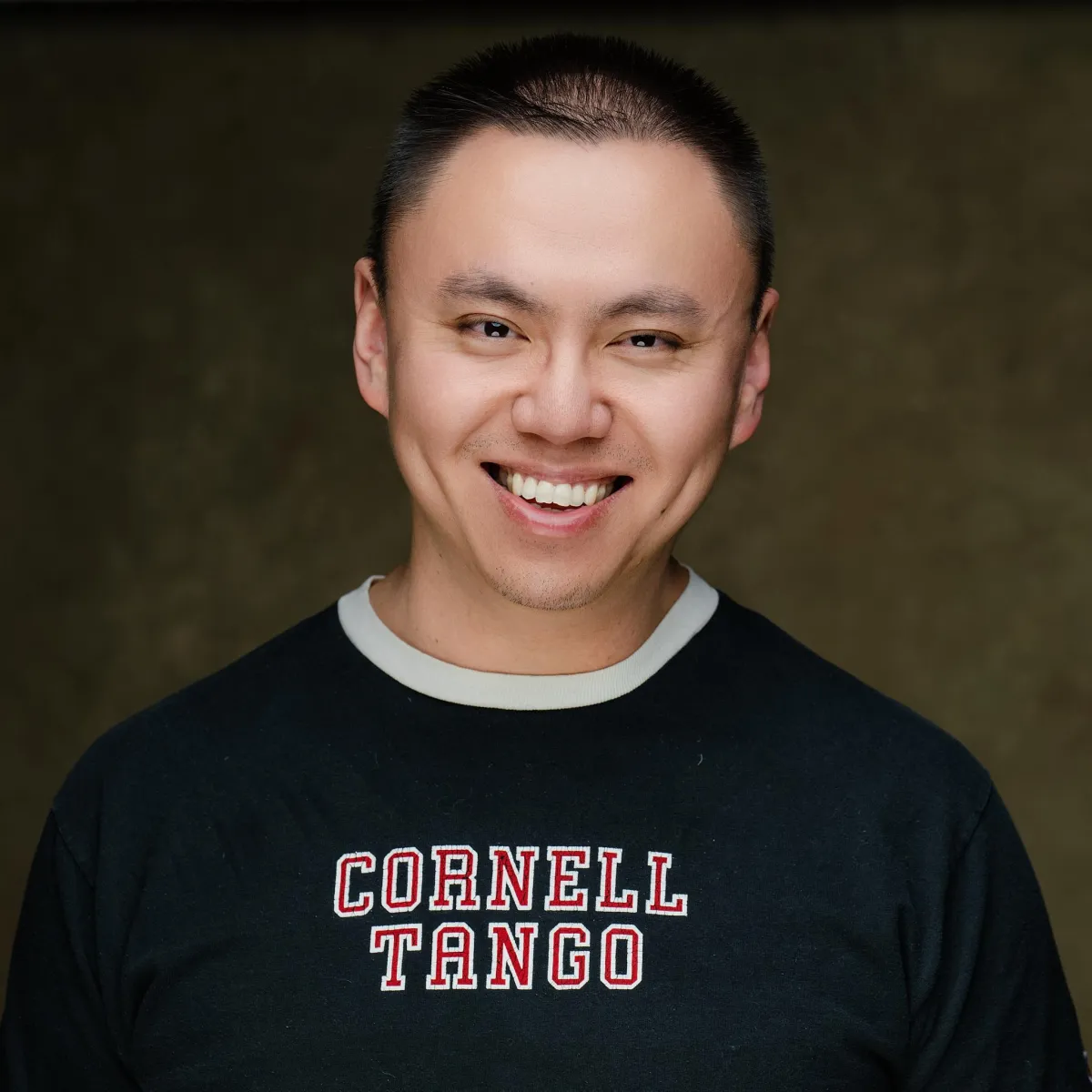
Jon Zhang
Cofounder
Jon began dancing tango in 2007 while studying engineering at Cornell University. He describes tango as difficult, but ultimately deeply rewarding, noting that it provides a rare outlet for creative expression that nurtures the soul.
During his time in Ithaca, New York, Jon served as both an organizer and a DJ, fostering a close-knit tango community before relocating to the Washington, D.C. area a decade ago. Ever since, he’s been an active member of the D.C. tango scene, continuing to share his passion for the dance and its unending possibilities.
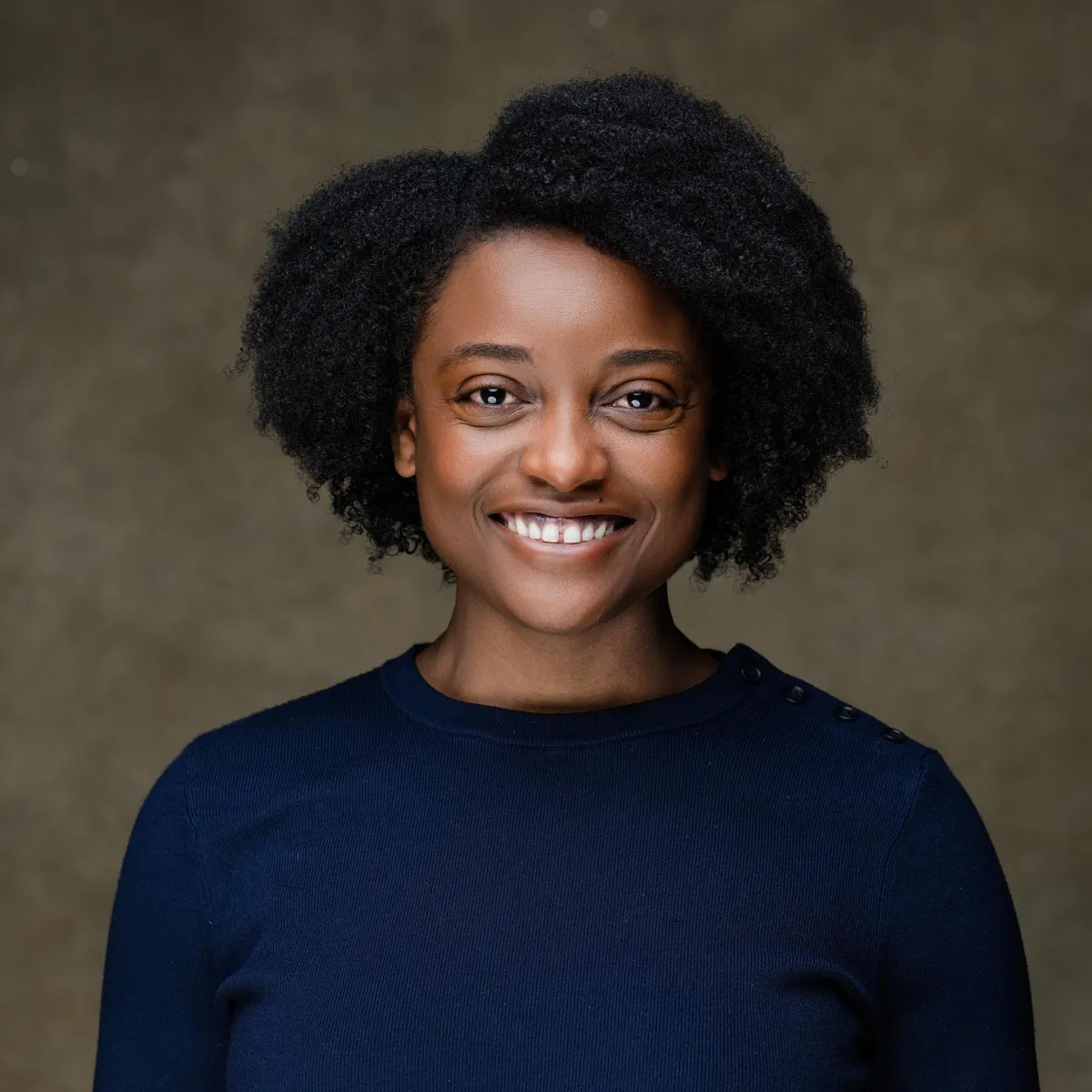
Amanda Garley
Cofounder
Amanda Garley first discovered tango in the summer of 2009 while studying to become an engineer. The timing was ideal, awakening her to life’s real joys: connecting with others, finding balance, being confident in who she is, taking life by the horns, recognizing perfection in imperfection, and remaining open to unexpected discoveries.
She has spent half of her tango journey exploring how best to teach the dance, deepening her understanding of tango’s essence, its fundamental challenges, and the ways to help others reach satisfaction in their own dance. Now, she is thrilled to continue this journey through the Vienna Tango School, sharing her passion and expertise with new and seasoned dancers alike.
GET ON THE NEWSLETTER LIST
I Consent to Receive Occasional Marketing Communication from company.
Follow us On Instagram




